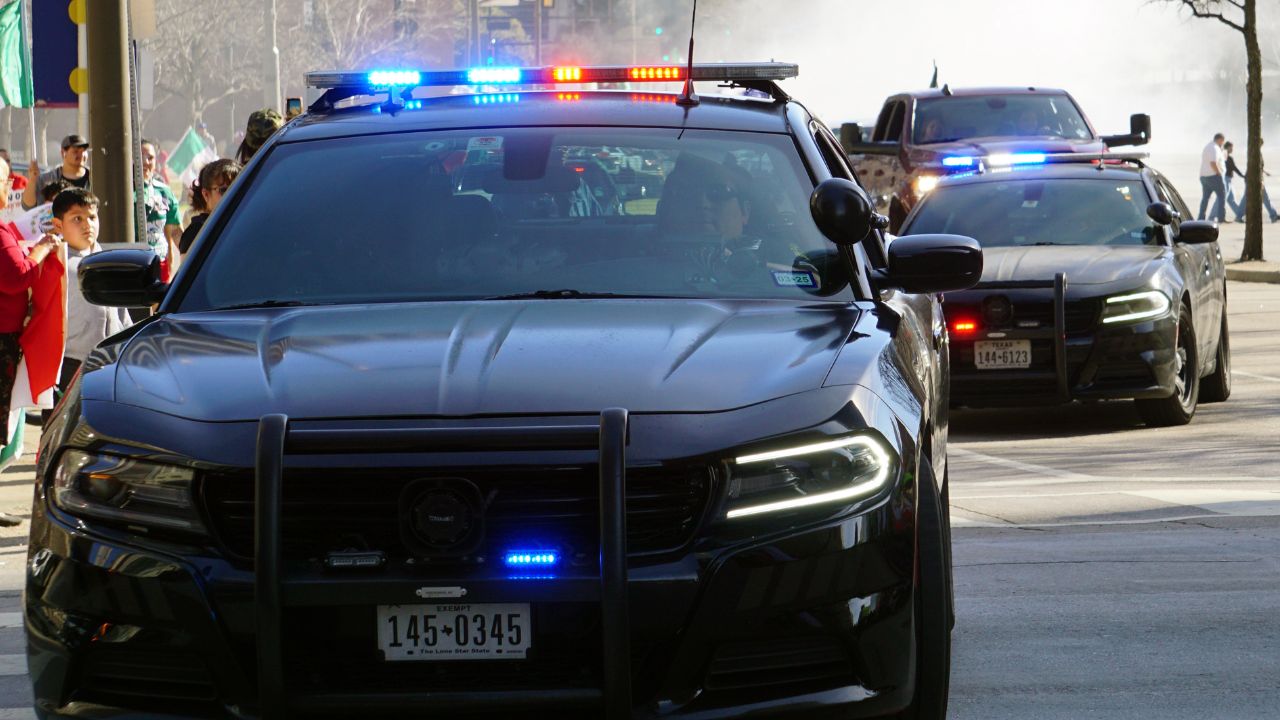
A Nutritionist’s Warm Guide to When to Enjoy Flaxs
Nutritionist Deepsikha Jain recommends 1–2 tablespoons of flaxseeds—morning, before meals or as a sn

The Office of Manitoba’s Chief Medical Examiner has ordered two separate inquests into the deaths of Jonathon Herntier and Myles Clearsky — two men who died under significantly different but equally critical circumstances in 2022. The inquest order reflects ongoing legal and public accountability measures required when deaths occur during police interaction or while in custody, as mandated under provincial law.
Who Was Jonathon Herntier?
Jonathon Herntier, 38, died on December 3, 2022, after being shot multiple times by Winnipeg police officers. The incident unfolded during an attempted arrest, where Herntier allegedly reversed his vehicle into police cruisers in an attempt to escape. According to the Independent Investigation Unit (IIU) of Manitoba’s 2023 report, police fired four shots at Herntier after he reached for a firearm during the confrontation. The watchdog agency ruled the use of force justified in the situation.
The inquest into Herntier’s death will focus on the police interaction, the decisions leading to the use of lethal force, and the process of the attempted arrest. This includes examining whether law enforcement followed all applicable procedures and if any alternative actions could have been taken.
Under Manitoba law, inquests are mandatory when there are reasonable grounds to believe a death was caused by a peace officer acting in the line of duty. Such probes aim to identify policies or practices that could prevent similar incidents in the future, rather than assigning fault or civil liability.
The Case of Myles Clearsky
In a separate case, 24-year-old Myles Clearsky was serving time at the Osborne Community Correctional Center in Winnipeg when he was found unresponsive in his cell on October 24, 2022. He was transported to the Selkirk Regional Health Center, where he was pronounced dead.
A provincial news release confirmed that the cause of death was acute methamphetamine intoxication, while the manner of death was classified as “undetermined.” Given that Clearsky died while under government supervision in a correctional facility, an inquest is mandatory under provincial law to ensure transparency and accountability in the custodial care system.
The inquest will assess whether corrections staff administered appropriate medical intervention, followed established protocols, and adhered to required monitoring standards. It will also examine whether any systemic issues within custodial care could have contributed to the fatality.
Legal Context Behind the Inquests
Under Manitoba’s Fatality Inquiries Act, inquests are required when a person dies:
As a result of police actions
While in custody or care
In circumstances of public concern
The process aims to thoroughly investigate the circumstances of death, identify potential preventive measures, and provide clear public reporting. The inquests are not intended to determine legal responsibility or fault but to improve public safety and institutional transparency.
Dr. John Younes, Manitoba’s Chief Medical Examiner, has called for these inquests in line with these legal obligations. His office noted that the proceedings will provide clarity and potentially lead to policy changes.
Next Steps: Scheduling and Procedure
The dates and locations for both inquests will be decided by the Chief Judge of the Manitoba Provincial Court. The inquests will be held publicly, and findings will be released once hearings are concluded. The presiding judge may also issue recommendations to relevant authorities, including Winnipeg Police Services or Manitoba Corrections.
Broader Implications
These inquests come amid growing national discussions about transparency and accountability in law enforcement and correctional systems. With both deaths occurring within a two-month span in 2022, the cases highlight ongoing concerns over use-of-force practices and the conditions of inmates in custody.
While the police watchdog cleared officers in Herntier’s case, the inquest may still reveal insights into policing tactics, training, and escalation protocols. Similarly, the circumstances of Clearsky’s death could spark debate about health support systems for incarcerated individuals, particularly around drug use and mental health services.
These results may impact not just policy in Manitoba but could also influence broader reforms in policing and corrections across Canada.